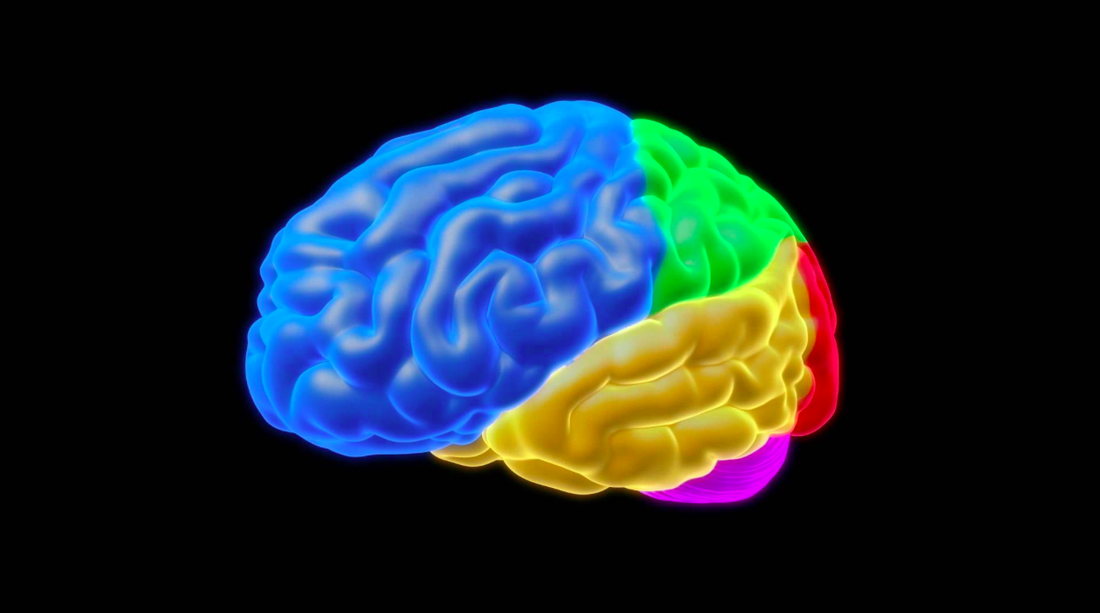|
I can’t do two things at once. Well, I can, sort of…but I’m trying to stop. You know why? It’s killing me. And I don’t just mean emotionally killing me, I mean it’s actually increasing my risk of cardiovascular disease, weight gain, osteoporosis and Alzheimer’s Disease….and that’s just the start of the list. I like being on top of things as much as the next person. I like being effective and feeling in control. So….I’ve been multitasking, or so I thought. Turns out what I thought was multitasking is actually something else coined Continuous Partial Attention (CPA) and it’s really bad for me. What’s the difference? Multitasking is literally doing two things at once, such as stirring pasta whilst having a conversation. But in order to really multitask, at least one of the tasks has to be so simple it is essentially automatic, in the above example it would be stirring the pasta. Continuous partial attention refers to doing two tasks that require cognitive attention at the same time. However, in actual fact, we are not performing the two tasks simultaneously, rather rapidly switching between the two, or three, or four, and this is where things begin to go drastically wrong… An example of CPA would be; following a recipe to make a new gluten-free, dairy-free, fructose-free dinner, whilst having two independent and unrelated conversations with a 7 year old and 4 year old, and receiving a text message… at the same time. The brain does not process these cognitive demands simultaneously, rather it’s doing a crazy aerobics workout reminiscent of a Les Mills Body Attack class and leaving you equally exhausted. This kind of shifting of concentration is driven by our desire to achieve across all levels, not to miss anything (I think the kids are calling it FOMO), and due to being chronically time-poor. Setting all the problems with these motivations aside for another blog on another day… let’s deal with the issue at hand, which is what impact is this constant CPA state having on our health? Continuous Partial Attention forces us to maintain our attention in a state of hyper-vigilance which in turn keeps our bodies’ flight-or-fight response activated. The flight-or-fight response is a natural, necessary reaction to a threatening or stressful situation that requires immediate action. It turbo charges our bodies for action and for repair, it mobilises stress hormones such as adrenalin and cortisol and increases platelet concentration and immune cells in preparation for tissue damage. It is designed to be used occasionally and for brief periods of time, such as running away from a lion. When it is chronically engaged, as in constant CPA, all these chemicals and physiological changes are being turned on, with nowhere to go. We experience this as anxiety. Image: Start running; an appropriate activation of the flight-or-fight response. This long term, over-activation of the stress response causes wear and tear on the body. Some of the symptoms are
Sooo…..who still thinks they’re being efficient when they’re multitasking? But it makes sense doesn’t it. Doesn’t it feel awful when you’ve been jittering around all day from unfinished task to unfinished task, never fully seeing or hearing the world (let alone your kids) around you? It did for me. And therefore, enter Mindfulness. But sorry, you’ll have to wait. This blog is long enough and I can’t possibly do justice to the force that is Mindfulness in less than 200 words. But I hope I’ve given you some food for thought. So don’t hold your breath for the next instalment, rather take a big belly breath and actively stop doing too many things at once, it’s really not good for you. Until next time. Kym Womankind Physiotherapy is located in Eltham and Yarrambat. To make an appointment with one of our physiotherapists please call (03) 9431 2530 or book online by following the links below.
1 Comment
Jane
20/7/2024 03:18:39 am
Got rid of Hsv, Win back Ex-lover via this spell caster,...
Reply
Leave a Reply. |
Welcome!Hi! Welcome to The Blog! Please be aware, Womankind Physiotherapy's blog is not intended to replace information and advice from your health care provider. For specific concerns regarding your health you must seek individualised care by your preferred provider.
Archives
March 2021
Categories
All
|
Women's Health Physiotherapists, Pelvic Floor Physiotherapists, Pregnancy Physiotherapists, Pre and Post Natal Physio, Pelvic Health Physio,
Pregnancy Pilates, Ultrasound for Mastitis, Breastfeeding Physio, Blocked Ducts, Pelvic Floor Exercise, Pregnancy Exercise.
Eltham. Yarrambat. Greensborough, Montmorency, Lower Plenty, Diamond Creek, Research, Rosanna, Yallambie, Watsonia.
Pregnancy Pilates, Ultrasound for Mastitis, Breastfeeding Physio, Blocked Ducts, Pelvic Floor Exercise, Pregnancy Exercise.
Eltham. Yarrambat. Greensborough, Montmorency, Lower Plenty, Diamond Creek, Research, Rosanna, Yallambie, Watsonia.
Copyright 2016 Womankind Physiotherapy



 RSS Feed
RSS Feed